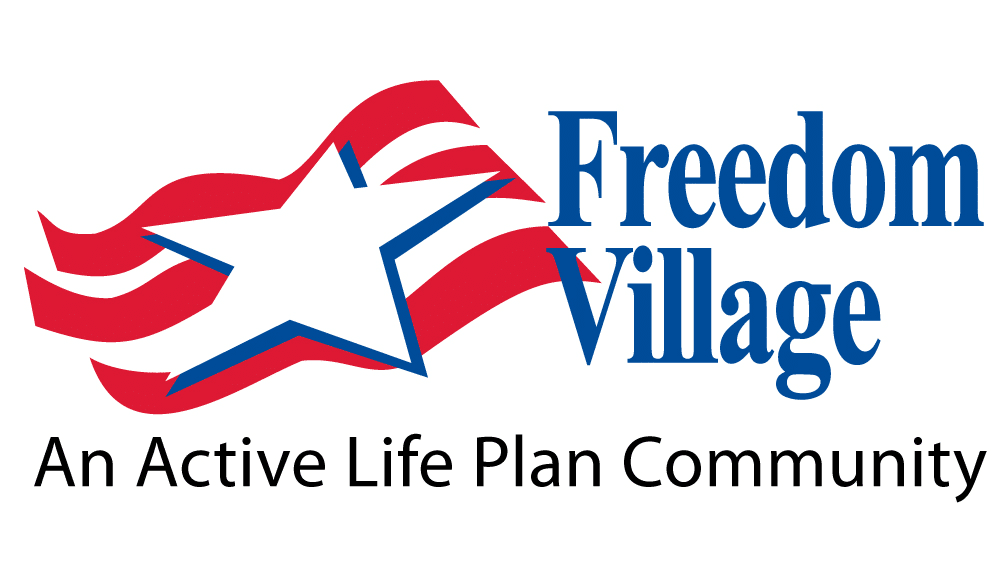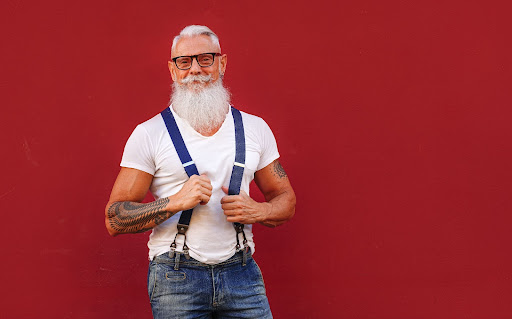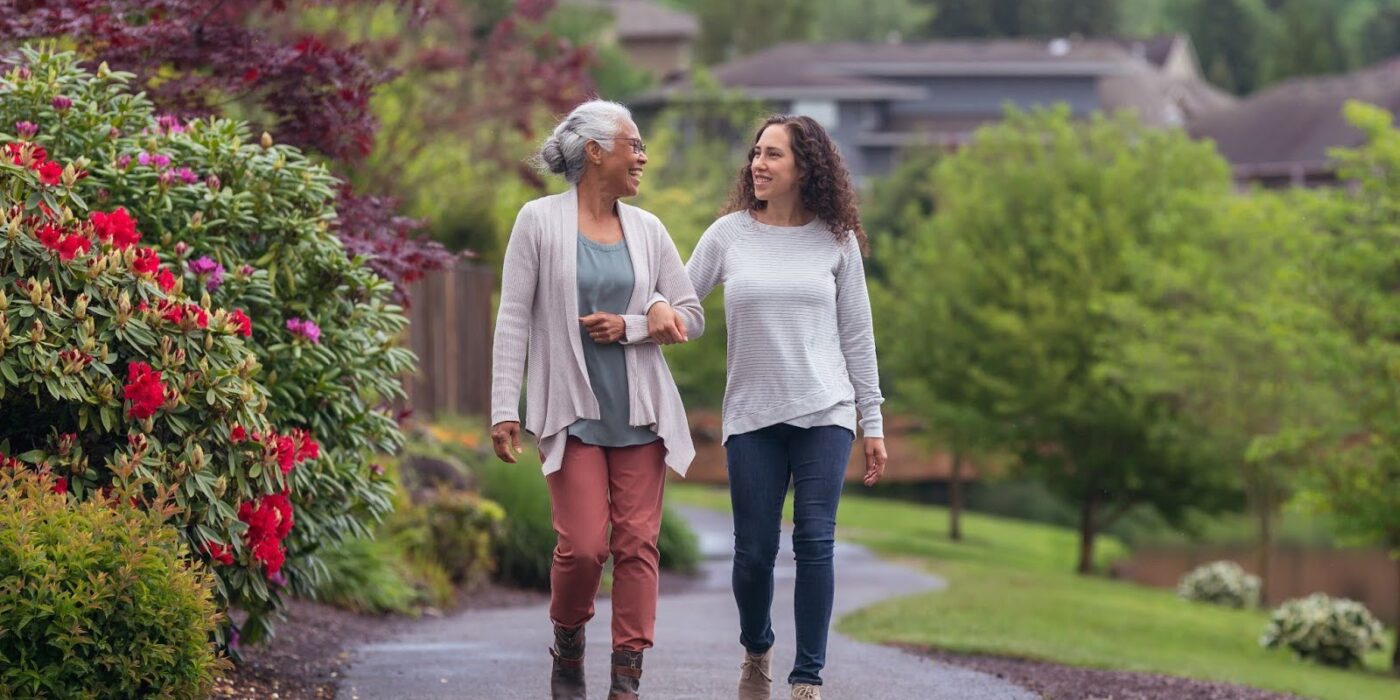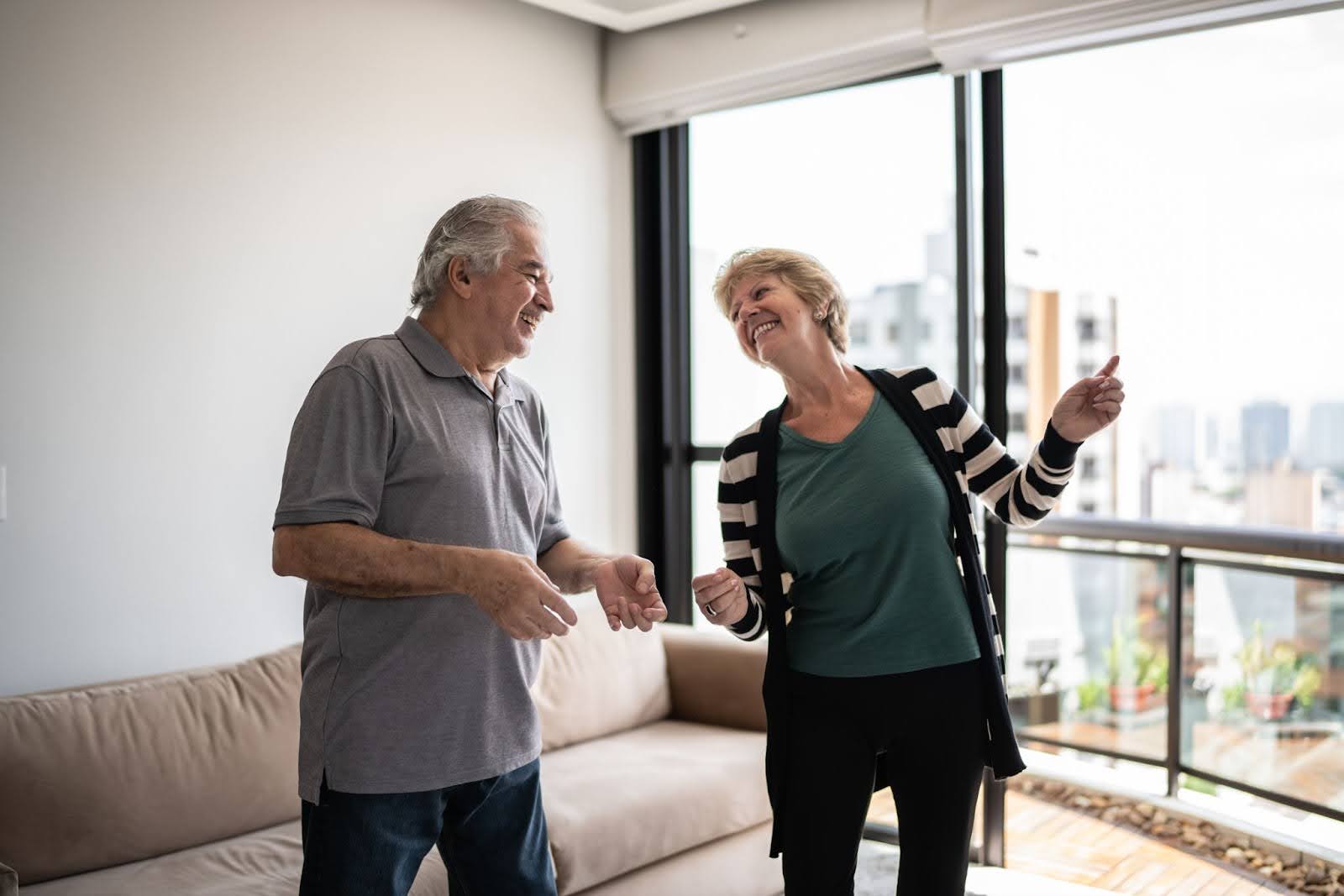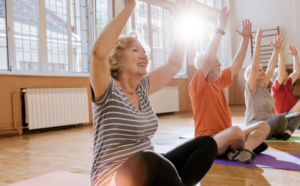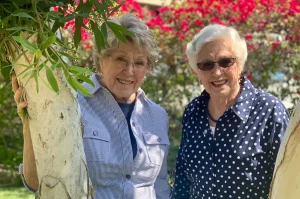Art and Seniors: Enhancing Quality of Life With Creativity
Art and the elderly share a powerful connection that can significantly enhance quality of life. By stimulating creativity, improving mental health, and fostering meaningful social connections, art provides older adults with a unique opportunity for personal expression and emotional well-being.
Engaging in artistic activities offers a wealth of emotional, cognitive, and social benefits, enriching the aging process and promoting a fulfilling lifestyle. Whether through painting, crafting or participating in a group art session, creative expression becomes a valuable outlet for self-discovery and connection.
At Freedom Village, we embrace the power of art to support and uplift our residents. Our community offers diverse and vibrant artistic opportunities, enriching the daily lives of seniors with activities that celebrate creativity and connection. In this blog, we’ll explore how art benefits cognitive and emotional health, the many forms of art available to seniors, and how engaging in art fosters community and social engagement.
Cognitive and Emotional Benefits of Art for Older Adults
Art and seniors have a strong, positive connection, offering numerous cognitive and emotional benefits. Creative activities stimulate the brain, promoting cognitive function and helping to preserve memory and focus. For seniors, art can be a particularly powerful tool in managing or preventing cognitive decline related to Alzheimer’s disease and other dementias. In fact, art therapy is widely used in the United States to engage older adults, helping them recall memories, improve concentration, and support overall brain health.
Emotionally, art provides a safe space for creative expression, which can reduce feelings of stress, anxiety, and depression. The act of creating art fosters a sense of accomplishment and boosts self-esteem, which is especially important as individuals age. When seniors express their emotions through art, they often feel empowered, relaxed, and more in touch with their inner thoughts, promoting healthy aging.

Art Forms To Engage Older Adults
The variety of art forms available means that older adults can easily find creative activities that suit their interests, skill levels, and physical abilities. Here are several art forms that are great for seniors:
Painting & Drawing
- Watercolors, acrylics, or pencils provide seniors with an expressive outlet for creativity.
- Engaging in painting and drawing helps seniors connect with their emotions and stimulates cognitive function.
- Art classes, such as sip-and-paint sessions, offer opportunities for social interaction and building connections with others.
Crafting
- Activities like knitting, sewing, and jewelry-making help enhance fine motor skills.
- Crafting is relaxing and therapeutic, encouraging a sense of accomplishment.
- Crafting is ideal for creating personal or meaningful gifts for friends and family.
Sculpting
- Working with clay, wood, or other materials offers a hands-on and engaging form of creativity.
- Sculpting encourages tactile engagement, which helps improve motor skills and coordination.
- Sculpting allows seniors to create tangible, three-dimensional art that reflects personal stories or memories.
Digital Art
- Using tablets, smartphones, or computers to create digital paintings or illustrations is an innovative way to express creativity.
- Digital art is perfect for those interested in combining artistic expression with technology.
- Easy-to-use digital platforms provide an accessible introduction to graphic design.
Photography
- Capturing life’s moments through a digital camera or smartphone is a meaningful and creative activity.
- Photography encourages attention to detail and enhances visual awareness.
- Photography is a great way to reflect on memories and share them with loved ones.
Mixed Media & Collage
- Combining various materials such as paper, fabric, and found objects allows for the creation of personalized artwork.
- This art form is creative and eco-friendly, perfect for those who love experimenting with different materials.
- Mixed media and collage provide an outlet for personal expression and artistic exploration.
Each art form offers unique benefits for older adults, promoting emotional well-being, cognitive stimulation, and opportunities for meaningful social connections. Whether through painting, crafting or digital art, seniors can engage their creativity and enjoy the power of art.
Social Engagement and Community Building Through Art
In addition to the personal benefits of creativity, art plays an essential role in fostering social engagement and community building. Group art activities, such as attending a class or participating in monthly art shows, provide wonderful opportunities for seniors to connect with one another, share ideas, and build lasting friendships.
Incorporating Art Into Daily Life
For seniors who may not have easy access to art classes or community-based programs, there are plenty of simple, enjoyable ways to bring art into daily life:
- Start a Simple Art Project: Purchase supplies for drawing, painting or even adult coloring books. Set aside time each day to focus on a new project or hobby.
- Join Local Art Classes: Look for community centers or senior centers that offer art classes or workshops. These can be a great opportunity to meet new people while learning new skills.
- Use Art for Reflection: Engage in creative art activities that allow for self-reflection, such as journaling with sketches or creating memory boxes.

Artistic Opportunities at Freedom Village
At Freedom Village, we believe fostering creativity is essential for a fulfilling life. Our art studio provides a dedicated space for residents to explore and express themselves through a range of activities, from Sip and Paint art classes to the Sunshine Craft Club. These programs offer a creative outlet and a way for residents to socialize and boost their mental well-being.
Each month, we celebrate residents’ talents with art shows that showcase their amazing creations, providing opportunities for appreciation, connection, and community building. Art at Freedom Village isn’t just about creating beautiful pieces; it’s about enhancing quality of life by stimulating the mind, expressing emotions, and engaging socially.
Experience vibrant living where art enriches each day for residents. Discover the exciting artistic opportunities we offer and see firsthand how creativity brings joy and enrichment to life. Contact us today at (949) 423-6653 to hear more about our vibrant community and schedule a visit.
